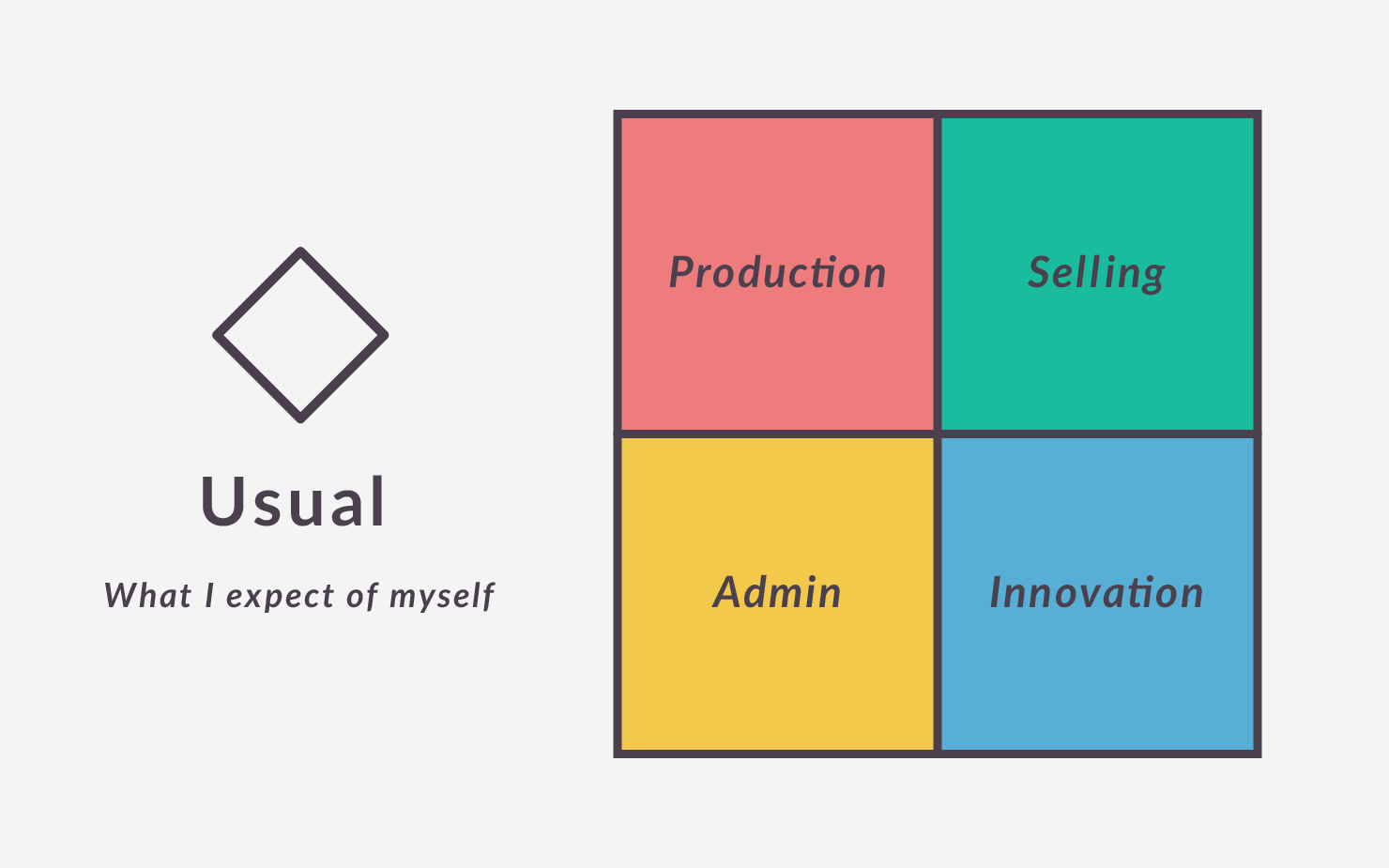
The value you can create
I want to share a short excerpt from the hoozyu book with you today…
One peril is to arrive in the marketplace, thinking that the world owes you a living. Few people actually think this; but it is possible to give other people the impression that you do. The truth is that your future employer is not going to hire you because they find young people decorative, and even less so because they need someone who knows all the facts on the Franco-Prussian War or who has an A* in Organic Chemistry45. They are going to hire you, because they believe that you have the potential to do a job that creates value now and, if they are any good at all as an employer, because they also believe you have the potential to grow into a bigger role where you will create more value over time.
45. Yes, even if it is a Chemical Company. They don’t need your A* from last year. They need someone who can create value, today.
While it may sting a little at first, Jon’s point about most employers not caring how well you did in your last exams is spot on. Yes, good grades might show how hardworking or exam-smart you are, but any employer worth their salt knows that there are far more important qualities to look for in any potential employee.
They need someone who can create value, today.
Getting good (or even, excellent) grades is no bad thing, but all it really proves is that you can jump through hoops. The ‘hoops’ set by exams, coursework and classes. Real life is not like an exam. You don’t get points for memorising the structure of a cell, or remembering how to find the coefficient of x. Instead, employers are interested in the value you can create for them.
But how do you become that ‘someone’? What skills do each of us need to develop now in order to ‘create value’ for our employers in the future? …And what even is that ‘value’??
In hoozyu we talk about behaviours which can be roughly grouped within these 4 aspects of organisational activity: Production, Selling, Innovation and Administration.
These are also the vital processes of every business and enterprise out there. Whatever industry you might be looking to work in you will always find these processes being carried out - and if you ever find a company that is lacking one or more of these 4 it is likely a sign that they have big problems up ahead!
A good place you can start looking for the value you can bring, is to work out which of these processes you are most likely, or best able, to contribute to. To do this, you could start by looking at your Usual Behaviour (represented on your Grid by the diamond symbol). Which of the 4 colours matches your Usual Behaviour? Does your diamond fall on the edge of 2 different colours? What do you think this means?
If you can’t remember where your diamond falls on the grid, you can remind yourself here.

Once you know which of the quadrants you fall within, you can start thinking about what this means for you specifically. Do you recognise this aspect of yourself?
If you have Blue Usual: do you recognise yourself as someone who naturally thinks about ways of improving and innovating whatever you’re working on? Do you spend time thinking up ways to make things better? Do you often come up with new ideas and solutions to problems (of any kind)?
And then ask yourself this: how can you turn this everyday behaviour into a valuable skill?
If you have Yellow Usual Behaviour and you’re working towards becoming a micro-biologist, think about how your natural tendency to be more organised, systematic and data-driven in your approach will give you an edge - perhaps even a strength - that others may lack. What will set you apart? What will make you highly valuable in your field?
Just to be clear: that is not to say that people with Red, Blue or Green Usual would be any less valuable as micro-biologists - but you will each bring different value, and it’s important that you know what that value is (and isn’t!).
As a second step, if you want to get even more out of this process, have a look at your motivational scores too, using Interest (Asterisk on the Grid) and Your Focus. Grid Interest gives you a simple summary of what you want to be involved in; Your Focus will give you an understanding of the kinds of specific tasks (as well as natural approach) that you will gravitate towards.
Your Usual, Interest and Focus may be the same colour, or they may be completely different! Think about what this means for you - and how you can once again turn these unique aspects of who you are into the kind of value that a future employer will recognise and seek to nurture.
